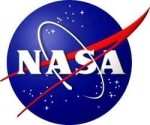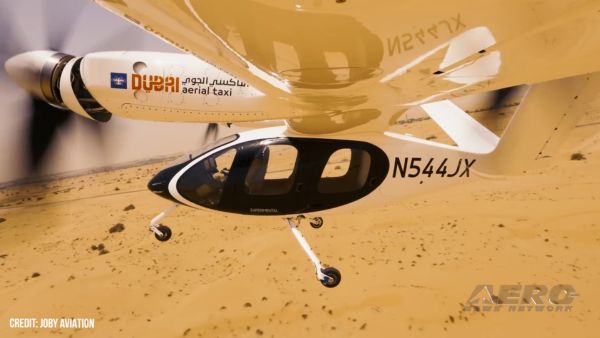Mon, Sep 28, 2009
Payloads Will Fly On Sounding Rockets Or High-Altitude
Balloons
 NASA has selected nine scientific teams to work on future
high-altitude balloon and sounding rocket payloads. The selected
proposals address a wide range of astrophysical mysteries from dark
matter and cosmic-ray antiprotons to studies of galaxy clusters and
supernova remnants.
NASA has selected nine scientific teams to work on future
high-altitude balloon and sounding rocket payloads. The selected
proposals address a wide range of astrophysical mysteries from dark
matter and cosmic-ray antiprotons to studies of galaxy clusters and
supernova remnants.
"The suborbital research program is a very important part of
astrophysics," said Jon A. Morse, director of the Astrophysics
Division of the Science Mission Directorate at NASA Headquarters in
Washington. "We are very pleased to provide support for these
selected projects, recommended through a highly competitive
merit-based review process. The projects also contribute to NASA's
broader goals by providing hands-on training for early career
scientists and engineers in space hardware and data analysis."
The recipients of the awards will develop payloads using
detectors and instruments of their own design. Within several
years, they will fly the payloads on sounding rockets or
long-duration balloons. These suborbital investigations provide
unique opportunities for executing science investigations and
advancing the state-of-the-art in the areas of future spaceflight
detectors and supporting technologies.
Early career researchers, especially graduate students, often
play lead roles in developing suborbital payloads. Many past and
present space astrophysics missions were led by former suborbital
investigators and have used technologies originally developed for
sounding rocket or balloon payloads.
"Everybody is looking forward to working with young researchers
to conduct scientific observations and technology development from
the vantage point of scientific balloons at the edge of space,"
said David Pierce, chief of the Balloon Program Office at NASA's
Wallops Flight Facility in Virginia. "We look forward to supporting
these science missions, for the knowledge about our universe and
the new technology they will produce."
The Sounding Rocket and Balloon Program offices at Wallops
manage the sounding rocket and balloon flight operations, which are
implemented via support contracts.
More News
Airplane Bounced About 3 Ft Then Touched Back Down And Then, With No Brakes Applied, The Airplane Began Veering To The Left Analysis: The pilot entered the airport traffic pattern >[...]
Aero Linx: British Microlight Aircraft Association (BMAA) The primary focus within all aviation activity is SAFETY. In all aspects of our sport SAFETY must come first, whether it b>[...]
From SnF25 (YouTube Edition): William Wynne Builds Practical Aircraft Engines on the Corvair Platform Seeking an affordable alternative to the traditional aircraft engine options, >[...]
How To Get A Story On Aero-TV News/Feature Programming How do I submit a story idea or lead to Aero-TV? If you would like to submit a story idea or lead, please contact Jim Campbel>[...]
From 2023 (YouTube Edition): Bridge of CiES CiES Inc. is a Bend, Oregon-based designer and manufacturer of modular embedded aircraft systems and sensors. The company’s fuel-l>[...]
 NTSB Final Report: Aviat A1
NTSB Final Report: Aviat A1 ANN's Daily Aero-Linx (07.08.25)
ANN's Daily Aero-Linx (07.08.25) Classic Aero-TV: Fly Corvairs Reliable Engine Alternative
Classic Aero-TV: Fly Corvairs Reliable Engine Alternative ANN FAQ: Contributing To Aero-TV
ANN FAQ: Contributing To Aero-TV Classic Aero-TV: CiES Fuel-Quantity and e-Throttle Systems Praised
Classic Aero-TV: CiES Fuel-Quantity and e-Throttle Systems Praised



